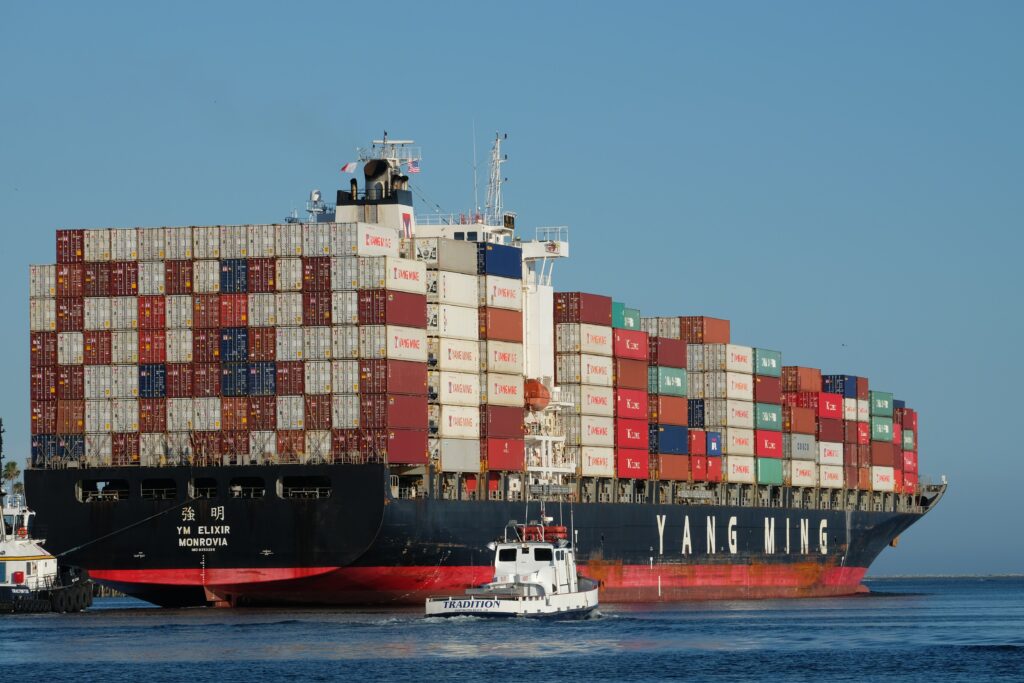
The speed boat versus the ocean tanker. The speed boat is much more agile and appears to move with ease and speed. The tanker can move and turn too, but it often takes a while to notice that change is happening.
Tankers, however, are often connected into global logistic systems. They are part of companies coordinating their movement and these companies are connected to other companies, to ports, and so on. And then there are the weather systems, the ecosystems in the oceans, the terrotorial waters, navigation systems, and so on. We may only see the tanker, but it is part of many systems.
Organisations are not static, they are evolving constantly. Some may feel more like tankers and the change is hard to notice, while others are more like speed boats crashing through waves.
Some change is linear – we do X and Y occurs. However, most organisational change is more complicated than this. Change makers understand that as we interact with the organisation or the sytem, we change it. It is not static, therefore as we interact we need to continue adjusting our view of the future and ‘who’ the organisation is. This is often a challenge because our original analysis and plans need to constantly change because the organisation is changing.
When we approach organisational and system change in siloes, when we approach this change linearly, we set ourselves up for frustration. Teams are part of organisations and organisations are connected to other organisations, sectors, systems, and environments. All of this context impacts the change we seek to create.

0 Comments